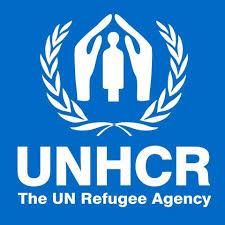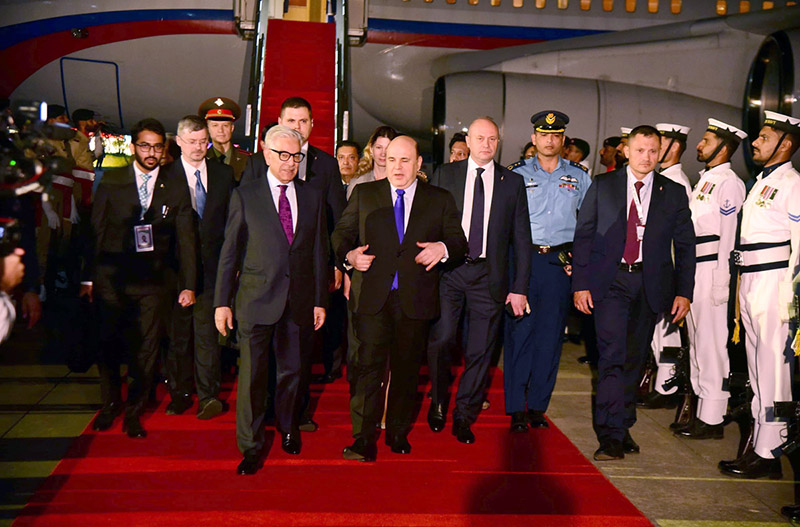Empowering Women through Sindh People’s Housing for Flood Affectees (SPHF)
By Mustafa Khattak
Women’s empowerment is a fundamental process that helps women take control of their lives by providing them with the necessary resources, opportunities, and tools for success. It is about giving women the ability to thrive economically, socially, and politically. The real essence of empowerment lies in creating an environment where women can make decisions, access resources on equal terms, and live independently, free from the constraints imposed by society or the economy.
The true mark of empowerment is seen when women can own property, achieve financial independence, take leadership roles, and contribute meaningfully to their communities. Empowered women are more than just decision-makers for themselves—they are key players in managing resources and overcoming various challenges. These women often become pillars of resilience, playing vital roles in the development and recovery of their families and communities.
The Sindh People’s Housing for Flood Affectees (SPHF) is more than just a post-disaster housing program—it is a game-changing initiative that embodies the real meaning of women’s empowerment. This vision was brought to life by Chairman Bilawal Bhutto Zardari, who has committed to ensuring that every house built under this initiative is titled in the name of a woman. His commitment extends beyond policy—he actively travels from village to village, distributing land title certificates (sanads) to women, listening to their stories, and reinforcing the message that women are at the heart of recovery efforts.
Chairman Bhutto Zardari’s personal involvement makes it clear that women’s empowerment is not just an abstract policy goal, but a very real commitment that is being carried out at the grassroots level. Through SPHF, women are given more than just shelter—they are given the power to secure their future through property ownership, financial independence, and active participation in decision-making processes.
A key aspect of SPHF’s success is the provision of access to the formal financial system. For 95% of the women benefiting from the program, visiting a bank for the first time marked a major milestone. By opening bank accounts in their names and allowing direct disbursement of funds, SPHF empowers these women to manage their finances independently. This access strengthens their financial literacy and provides them with control over their own resources, enabling them to make important decisions for their homes and families.
Women are often at the forefront during crises, managing households and taking care of their communities. Through SPHF, women are provided with disaster-resilient homes, increasing their ability to protect their families from future climate-related events. This support not only provides physical security but also enhances their capacity to be active participants in disaster preparedness, response, and recovery efforts. Women’s involvement in these processes makes them crucial to the long-term resilience of their communities.
By granting women ownership of land and homes, SPHF facilitates financial independence and long-term security. Many of these women, particularly those heading households, are now able to own property—something that significantly changes their lives. Ownership allows them to build assets, improve their creditworthiness, and open doors to economic opportunities that were previously out of reach. It provides them with a platform for long-term financial planning and enables them to secure a better future for their families.
The program also challenges traditional norms by placing women in the role of property owners. For many, this is the first time they are recognized formally as property owners. This shift is not just about individual recognition but also helps redefine women’s roles in their families and communities. It fosters a sense of equality, as women are now seen as active participants in development, leadership, and governance, challenging the historic gender norms that have kept them sidelined in many areas of life.
Perhaps the most transformative aspect of SPHF is the way it places decision-making power directly in the hands of women. These women are no longer passive beneficiaries of aid—they are now in control of decisions regarding their homes. From withdrawing funds, purchasing construction materials, hiring laborers, and overseeing the building process, women are empowered to make decisions according to their needs and preferences. This transformation not only strengthens their autonomy but also positions them as leaders in rebuilding their lives and communities.
SPHF defines true women empowerment by tackling the structural barriers that have long prevented women from progressing, particularly in the face of climate-related disasters. Globally, women account for 80% of those displaced by climate change, facing unique challenges, but also possessing immense potential for leadership. SPHF addresses this gap by granting land titles, which enhances individual and household security while also creating positive ripples throughout communities.
The initiative is not just about securing homes but about unlocking a world of opportunities for women. They can now use their property to start businesses, invest in education and healthcare, and contribute to their community’s long-term economic recovery. Through this empowerment, women are gaining control over their futures in ways that are lasting and structural, setting the stage for broader societal transformation.
The Sindh government, through SPHF, is doing more than rebuilding homes—it is reshaping the narrative around gender equity in post-disaster recovery. With the visionary leadership of Chairman Bilawal Bhutto Zardari, the program is laying the groundwork for a future where women are central to community resilience, economic stability, and the well-being of future generations.
As a result, we are witnessing the emergence of a new generation of empowered women. These women are not only rebuilding their homes, but they are also shaping the future of recovery and resilience in Pakistan. This is not just a housing initiative; it’s a movement toward a society where women’s empowerment is fundamental to the fabric of social and economic progress.


